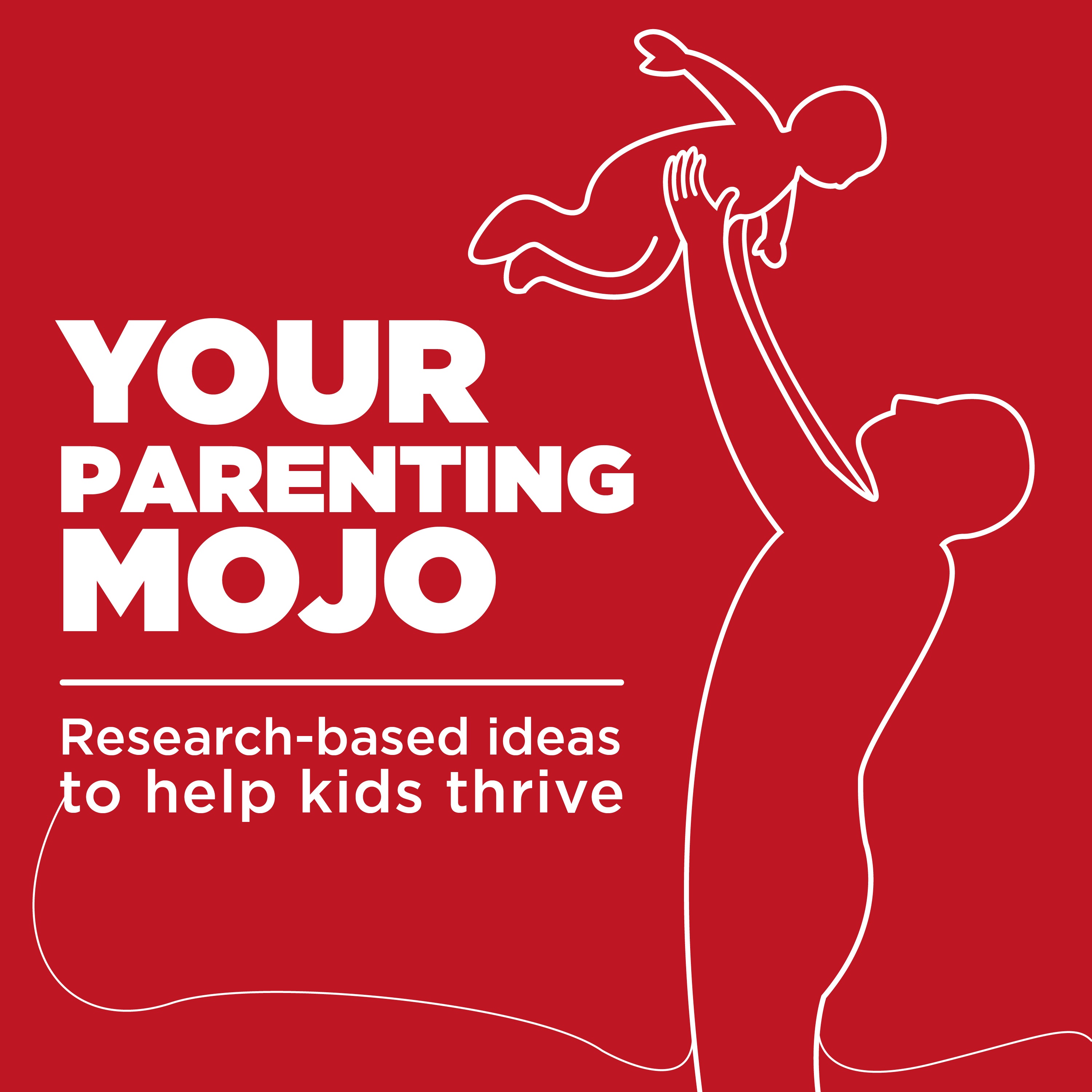118: Are You Raising Materialistic Kids?

b'This episode on the topic of materialism concludes our series on the intersection of parenting and money.\\xa0 Here we talk with Dr. Susanna Opree of Erasmus University Rotterdam, who studies the effect of advertising and commercial media on use, materialism, and well-being.\\n\\nWe discuss how children\'s understanding of materialism shifts as they age, the extent to which advertising contributes to materialism, and the specific role that parents play in passing on this value.\\n\\nOther episodes in this series:\\n\\nThis episode is the second in a series on the intersection of parenting and money. You can find other episodes in this series:\\n\\n038: The Opposite of Spoiled\\n\\n105: How to pass on mental wealth to your child\\n\\n107: The impact of consumerism on children\\n\\n112: How to Set up a Play Room\\n\\n115: Reducing the Impact of Advertising to Children\\n\\n \\n\\n \\n\\n[accordion]\\n\\n[accordion-item title="Click here to read the full transcript"]\\n\\nDr. Opree\\xa0 00:00\\n\\nBasically, if you want to reduce materialism, you need to make sure that\'s those human connections. And those other values such as generosity, that they are amplified. And so I think what works best if Why do you see young kids to invest in their self-esteem a little bit as well also for adolescence, but I think also teaching young people to be grateful to be grateful ourselves as well for all the things that we have. And really just focus on making those connections. And the tricky thing is that sometimes possessions enable these connections. But I think if we\'re more focused on what\'s intrinsic to us, what makes us happy, outside of possessions that then basically the emphasis will shift.\\n\\n \\n\\nJen\\xa0 00:52\\n\\nHi, I\'m Jen and I host the Your Parenting Mojo podcast. We all want our children to lead fulfilling lives, but it can be so hard to keep up with the latest scientific research on child development and figure out whether and how to incorporate it into our own approach to parenting. Here at Your Parenting Mojo, I do the work for you by critically examining strategies and tools related to parenting and child development that are grounded in scientific research and principles of respectful parenting. If you\'d like to be notified when new episodes are released and get a FREE\\xa0 Guide to 7 Parenting Myths That We Can Safely Leave Behind, seven fewer things to worry about, subscribe to the show at yourparentingmojo.com. You can also continue the conversation about the show with other listeners in the Your Parenting Mojo Facebook group. I do hope you\'ll join us Hello, and welcome to the Your Parenting Mojo podcast. And today\'s episode we\'re going to bring our series on the intersection of children and money to a conclusion we started out so long ago by talking with New York Times money columnist Ron Lieber about his book The Opposite of Spoiled. More recently we heard from Dr. Brad Klontz, about how we pass on money scripts to our children. And then we talked with Dr. Allison Pugh about the meaning children make out of the messages they receive about material goods. And then Dr. Esther Rozendaal on how children\'s brains process advertising.\\xa0 And in between we looked at what research there is on how to set up a playroom, which has of course many links with the items that we buy and use. And so finally, we\'re here today with Dr. Suzanna Opree to bring the discussion up to a level that kind of draws all this together as we try and understand what materialism is, and how we pass it on to our children and what we can do if we don\'t want our children...'